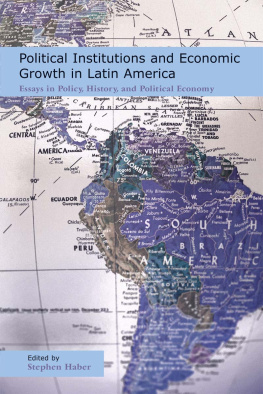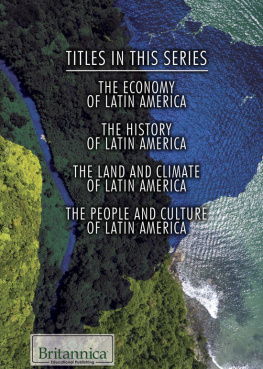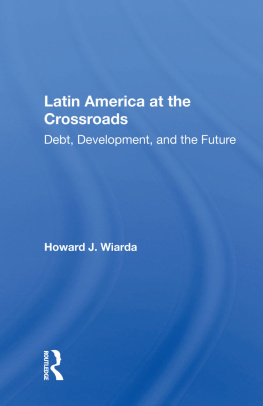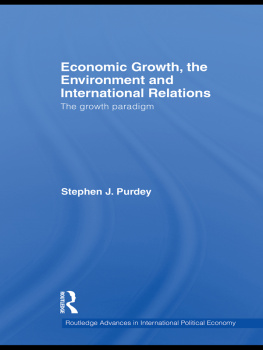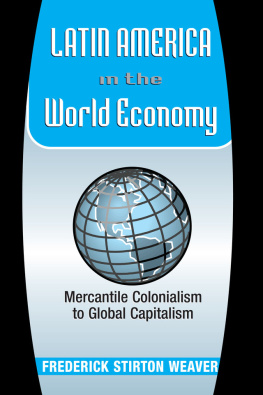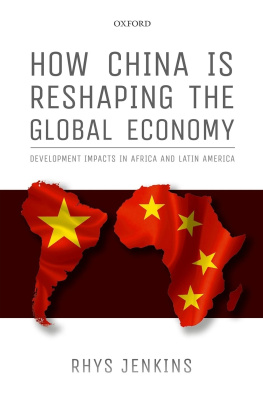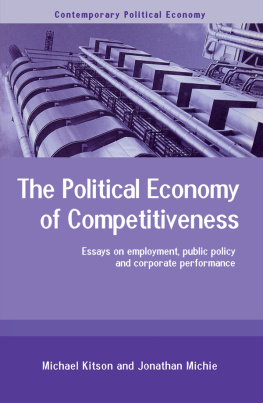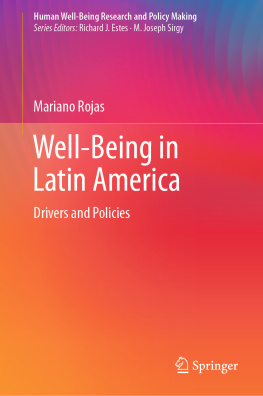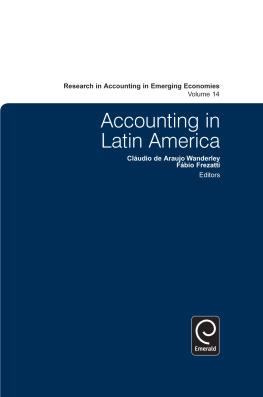The Hoover Institution on War, Revolution and Peace, founded at Stanford University in 1919 by Herbert Hoover, who went on to become the thirty-first president of the United States, is an interdisciplinary research center for advanced study on domestic and international affairs. The views expressed in its publications are entirely those of the authors and do not necessarily reflect the views of the staff, officers, or Board of Overseers of the Hoover Institution.
www.hoover.org
Hoover Institution Press Publication No. 458
Copyright 2000 by the Board of Trustees of the Leland Stanford Junior University
All rights reserved. No part of this publication may be reproduced, stored in a retrieval system, or transmitted in any form or by any means, electronic, mechanical, photocopying, recording, or otherwise, without written permission of the publisher.
First printing, 2000
05 04 03 02 01 00 9 8 7 6 5 4 3 2 1
Manufactured in the United States of America
The paper used in this publication meets the minimum requirements of American National Standard for Information SciencesPermanence of Paper for Printed Library Materials, ANSI Z39.48-1984.

Library of Congress Cataloging-in-Publication Data
Political institutions and economic growth in Latin America : essays in policy, history, and political economy / edited by Stephen Haber
p. cm. (Hoover Institution Press publication; no. 458)
Includes bibliographical references and index.
ISBN 0-8179-9662-1
1. Latin AmericaEconomic conditions. 2. Latin AmericaPolitics and government. I. Haber, Stephen H., 1957 II. Series.
HC125 .P645 2000
338.98dc21
99-050375
CIP
Contents
Introduction: Institutional Change, Economic Growth, and Economic History
Stephen Haber
Institutional Determinants of Railroad Subsidy and Regulation in Imperial Brazil
William R. Summerhill
The Political Economy of Financial Market Regulation and Industrial Productivity Growth in Brazil, 18661934
Stephen Haber
Latin America and Foreign Capital in the Twentieth Century: Economics, Politics, and Institutional Change
AlanM. Taylor
Schooling, Suffrage, and the Persistence of Inequality in the Americas, 18001945
Elisa Mariscal and Kenneth L. Sokoloff
Privately and Publicly Induced Institutional Change: Observations from Cuban Cane Contracting, 18801936
Alan Dye
Concluding Remarks: The Emerging New Economic History of Latin America
Douglass C. North and Barry R. Weingast
Index
Acknowledgments
This volume is the product of a symposium held at the Hoover Institution. The symposium brought together economists, historians, and political scientists in order to understand how political institutionsthe rules and regulations that emerge out of political processeshave fundamentally shaped the growth trajectories of the major economies of Latin America. The chapters found herein are not the papers presented at the conference but represent the results of two days of discussion and debate.
I and the other contributors to this volume are indebted to all the symposium participants for their insights and suggestions. The symposium participants included Norma Alvarez, David Brady, Maite Careaga, Gustavo del Angel, Alan Dye, Stephen Krasner, Anne O. Krueger, Moramay Lpez Alonso, Douglass North, Robert Packenham, Kenneth Sokoloff, William Summerhill, Alan Taylor, and Barry Weingast.
Major financial support for the symposium and for this volume was provided by the Hoover Institution and by Peter and Helen Bing, who support my appointment at Hoover. We are much in debt to John Raisian, director of the Hoover Institution, and Richard Sousa, associate director, for their generous support. We are also in debt to them, and the broader community of Hoover scholars, for creating a venue in which scholars could engage in a discussion about the political origins of Latin American underdevelopment from across a broad range of disciplinary perspectives. This is part of the institutional project to study peace and prosperity in Latin America.
We are also indebted to the editorial staff at the Hoover Institution Press, particularly Patricia Baker and Ann Wood, for their editorial guidance, efficiency, and good-natured professionalism. Research assistance for the production of this volume was provided by Aldo Musacchio, Moramay Lpez Alonso, Douglas Grob, and Belinda Yeomans. Finally, we would like to acknowledge the tireless efforts of Scott Wilson, who kept this project on track, even when we were not.
Contributors
ALAN DYE is an assistant professor of economics at Barnard College of Columbia University.
STEPHEN HABER is a professor of history and political science at Stanford University and the Peter and Helen Bing Senior Fellow at the Hoover Institution. He is also the director of Stanfords Social Science History Institute.
ELISA MARISCAL is a doctoral candidate in economics at the University of California, Los Angeles.
DOUGLASS C. NORTH is the Spencer T. Olin Professor in Arts and Sciences at Washington University and a senior fellow at the Hoover Institution. North is the 1993 Nobel laureate in economic science.
KENNETH L. SOKOLOFF is a professor of economics at the University of California, Los Angeles, and a research associate of the National Bureau of Economic Research.
WILLIAM R. SUMMERHILL is an associate professor of history at the University of California, Los Angeles, and (during 19992000) a national fellow of the Hoover Institution.
ALAN M. TAYLOR is an associate professor of economics at the University of California, Davis, and a faculty research fellow at the National Bureau of Economic Research. During 199798 he was a national fellow at the Hoover Institution and wrote his contribution for this volume during his fellowship year at Hoover.
BARRY R. WEINGAST is the Krebs Family Professor and chair of the Department of Political Science at Stanford University and a senior fellow at the Hoover Institution.
1
Stephen Haber
Introduction: Institutional Change, Economic Growth, and Economic History
T here has been a revolution in the social sciences in recent years emanating from the study of institutions in the process of economic growth. Institutions in this context are understood as the laws, rules, and informal agreements within societies that both permit and bound economic or other types of social behavior. They are not the organizations that societies are composed of (the banks, churches, factories, governments) but are the sets of rules that govern how those organizations work.1
The New Institutionalism or New Institutional Economics, as the approach is alternately called, argues that economic growth is the outcome of productivity increases that are brought about by the efficient allocation of factors of production through smoothly functioning firms and markets. All things being equal, societies that create institutions that clearly specify and enforce private property rights, ease the formulation and enforcement of contracts, limit the ability of governments to intervene in the economy for their own short-term advantage, and generally support the operation of free markets will generate more rapid rates of economic growth than those that do not.
The New Institutionalism builds on a long tradition in economic theory and has an impressive theoretical edifice that is widely influential among both scholars and policymakers. Indeed, the New Institutionalism has been particularly influential among those who are designing policies for the transitional economies of Eastern Europe and Latin America. Nowhere is this perhaps more true than at the World Bank, whose recent

